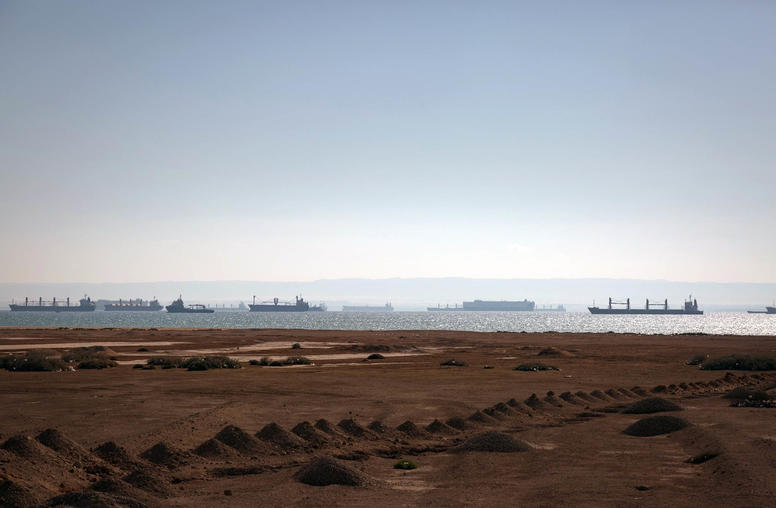Susan Stigant
Contact
Please submit all media inquiries to interviews@usip.org or call 202.429.3869.
For all other inquiries, please call 202.457.1700
Susan Stigant is the director of Africa Programs at the U.S. Institute of Peace where she leads programming in East Africa and the Greater Horn, on the Red Sea Arena and with the African Union. Her thematic focus is on the design and implementation of inclusive constitutional reform and national dialogue processes.
Prior to joining USIP, Stigant managed constitutional development, citizen engagement and election observation programs with the National Democratic Institute (NDI). From 2005-2011, she served as program director with NDI in Southern Sudan, where she supported the implementation of the Comprehensive Peace Agreement. She also worked with the Forum of Federations on comparative federalism and with the research unit of the Western Cape Provincial Parliament in South Africa.



